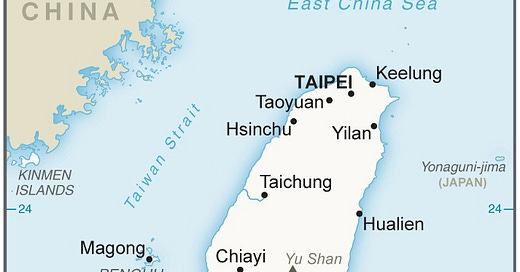In a follow-up on the melioidosis outbreak in Taiwan, the country’s CDC reported 19 new cases of local melioidosis in the country last week (including 3 deaths).
The new cases are reported from Kaohsiung City (15), Tainan City (2) and Taichung City (2).
Ages of the cases ranged from the 20s to 90s. 17 of them had a history of chronic disease, and 7 had a history of exposure to sewage, soil and other related environments. The deceased cases include a women in her 50s, a women in her 80s, and a man in his 60s.
They all had chronic medical histories and died of melioidosis complicated by pneumonia or septic shock. The remaining 14 newly confirmed cases are still hospitalized, and 2 of them are being treated in the intensive care unit.
Subscribe to Outbreak News TV on YouTube
The CDC stated that according to surveillance data, there have been a total of 37 confirmed cases of local melioidosis in Taiwan this year, the highest number of cases in this period since 2006. Among them, 30 were confirmed cases after Typhoon Kemi, and their residences were distributed in Kaohsiung City (23), 4 cases in Tainan City, 2 cases in Taichung City, and 1 case in Chiayi County.
The CDC emphasizes that the melioidosis epidemic peaks after the typhoon, and people should take personal protective measures to avoid direct contact with skin and wounds or inhalation of contaminated dust, soil, and sewage to reduce the chance of infection. If suspected symptoms occur, especially in high-risk groups, they should seek medical treatment as soon as possible and inform them of their exposure history to sewage and sludge, so as to obtain early diagnosis and appropriate treatment. When doctors encounter suspected cases, they should assess and administer antibiotics as soon as possible and provide antibiotic treatment within 24 hours.





